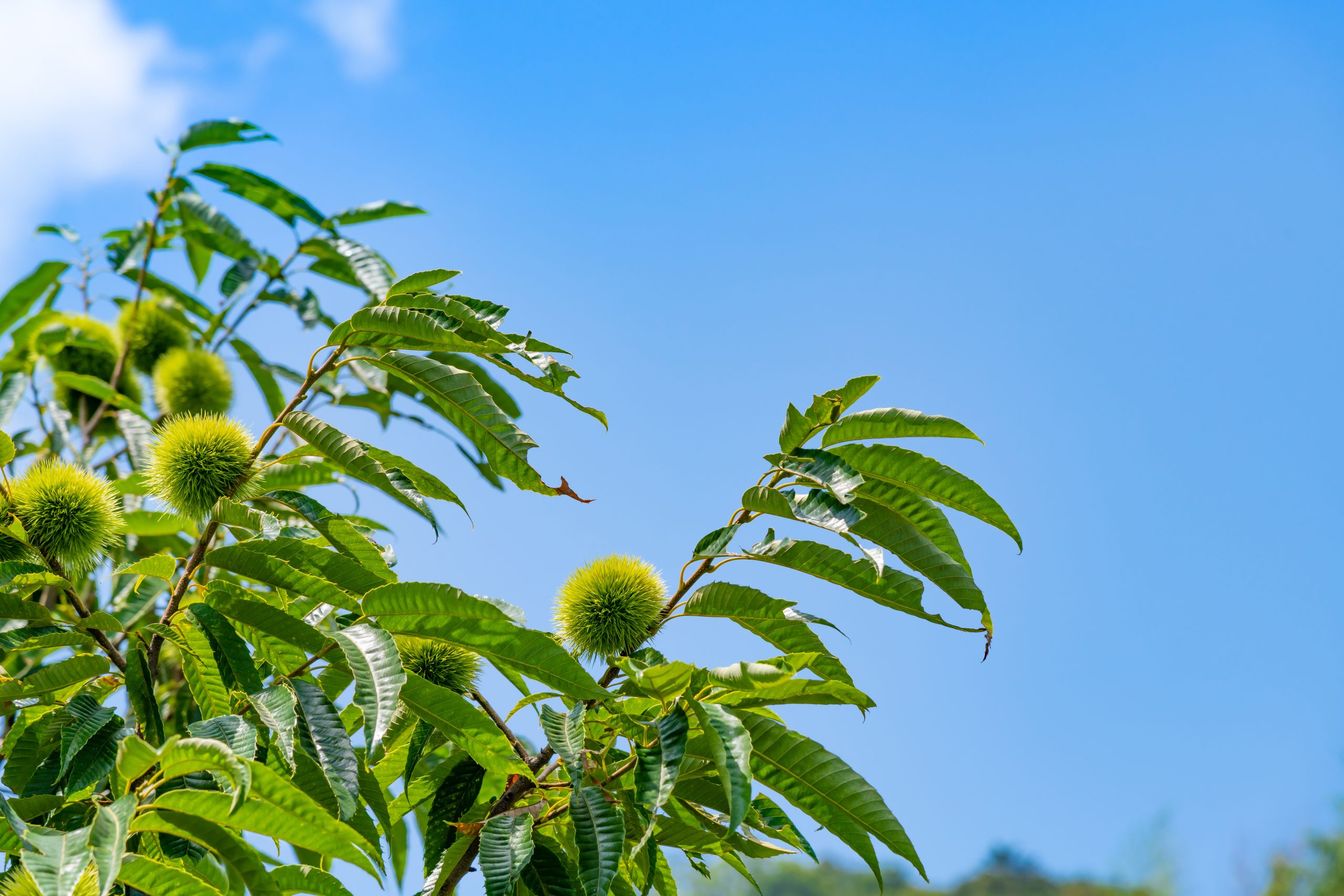
Ellagitannins from Castanea sativa Mill.: chestnut leaf extracts have specific antibacterial action against Helicobacter pylori and reduce inflammation in human gastric epithelial cells
A new study published in the scientific journal Nutrients shows that two ellagitannins contained in chestnut leaves play an important role in the interaction between H. pylori and human gastric epithelium; these bioactive molecules have also been shown to have anti-inflammatory properties through an inhibition of the NF-kB factor, that plays a key role in regulating the response to infection.
That provides, for the first time, the scientific rationale for the standardization of chestnut leaf extract in castalagin and vescalagin when used as a gastroprotectant. Chestnut leaves are traditionally used for the fluidity of bronchial mucous membranes and to promote the regularity of the intestinal tract.
They are also a by-product of the chestnut harvest and the study was carried out in collaboration with the Consorzio Castanicoltori of Brinzio with a view to a circular economy. The same are used for our Gastalagin®, a synergistic combination to soothe stomach discomfort caused by Helicobacter pylori. Download the dedicated brochure
